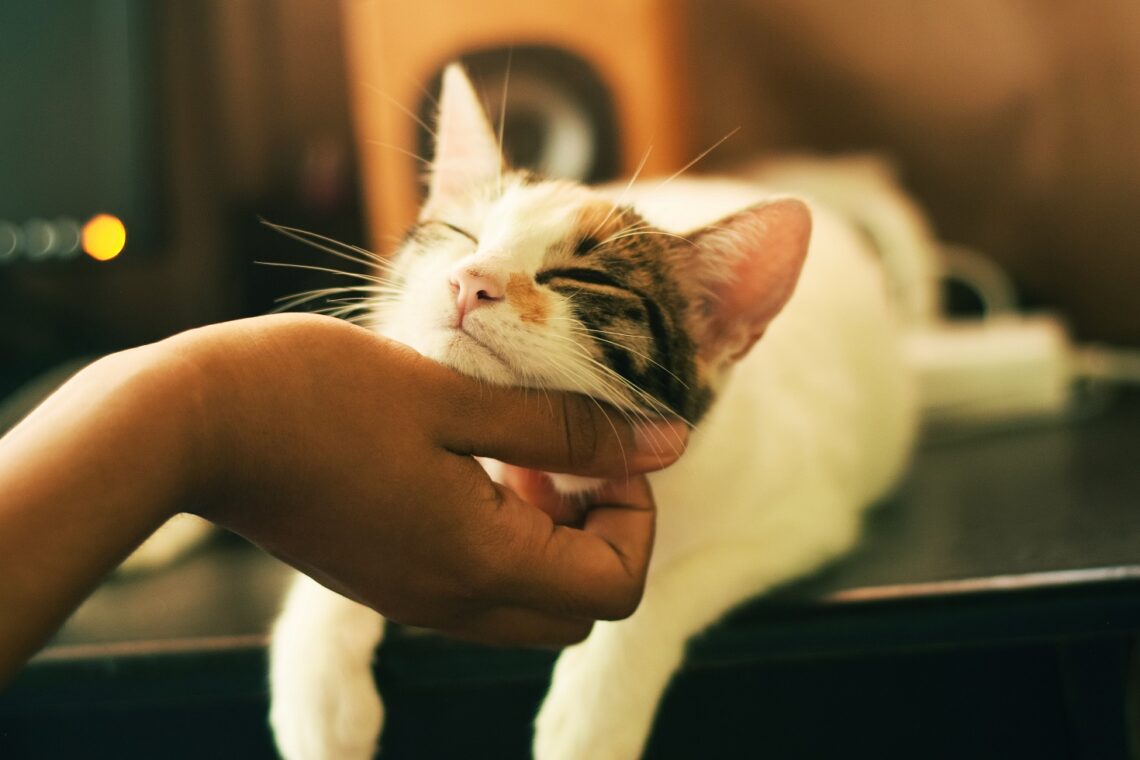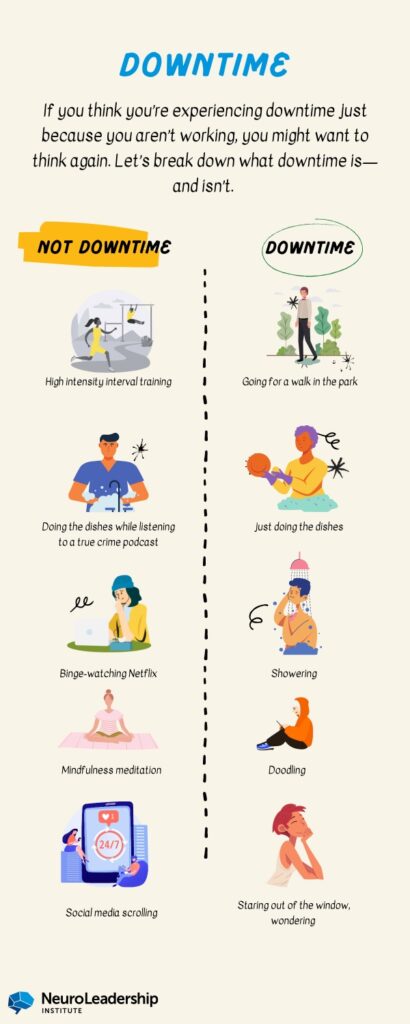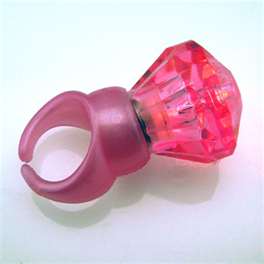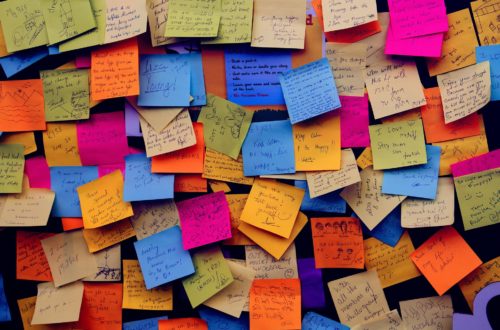
What Gets in the Way of Guilt Free Self-Care?
“Finish your homework before you play “ – Our parents’ well-meaning advice worked well in our early days, but as adults, it is backfiring. These days, most of our work is a continuous process and is hardly completed on a given workday. We postpone all the play (self-care) until we finish the work. We mistakenly think that completing the work and the recognition will be enough to keep us going. But the truth is quite the opposite. Regular play (self-care) helps us be at our optimal condition; it builds the muscles for us to face the challenges of work and other areas of life.
In the last year, I saw numerous articles from renowned authors on self-care and resilience, and I also have given several talks on the same topic. Yet, many of us don’t internalize it as a priority. The lack of self-care becomes evident when I do an initial assessment for my new clients. I found that some of these ingrained limiting beliefs are working against the case of self-care.
1. There is so much I need to do; I don’t have time for self
“I need to “do” a lot to be successful. Since time is a limited resource, cutting time for myself would let me “do” more.” Read this to address this belief.
2. Attending to own needs is lazy or selfish.
“The more I endure and toughen up, the more successful I will be.” This leads to sleeping less, skipping meals, eating at the desk, and giving up on hobbies, pastimes, and other joy-giving activities. Learn more here.
For the brain to thrive, it requires “downtime” — unstructured time with no goal in mind and no targeted focus of attention.

3. Self-care requires a lot of time that I don’t have
Our ideas for self-care are limited. Most often, we think that it involves taking a spa day or a beach vacation. Microbreaks like 30-sec mindful breathing and a 2-min gratitude practice can go a long way. Microsoft recently published this research showing that a 5-10 minute break in between meetings can reduce stress. Read more in my article here.
4. Self-care means doing a hardcore health regimen
Activities like rigorous diet, losing weight, step counts, and boot camp challenges are trendy among high-performing, high-achieving people. It becomes another show of performance for many. Since those are hard, we tend to postpone them. A client of mine said she took a gym membership a few months ago but hadn’t used it. Quite contrary to popular belief, self-care practices like self-compassion, cutting slack to ourselves, recharging, feeling love and connection, and positive family narratives are the ones that build resilience.
5. The power is outside me – I have very little choice
Being on all the time for work and the family has become an unwritten norm of our time. We forget that our value as knowledge workers lies more in the quality of our thinking and creative problem-solving and not much in quick responses. On top of that, parents of young children take the extra pressure by setting the bar too high. Even before the pandemic, young parents hardly had any slack for themselves. Taking time off, creating healthy boundaries to recharge oneself, and letting go of unrealistic expectations require some agency in one’s self-authorship. Read this and another article on this topic.
Our performance-driven culture is not supportive of fostering self-compassion. Growing up, we are conditioned to act to fit in, get good grades, and perform to be liked and accepted. Taking easy and cutting ourselves slack means falling behind. As adults, it gets ingrained in our operating system. Even when we hear self-care, we translate it as another chore on top of our super busy lives. It becomes a burden rather than desirable. Until we are ready to shift our limiting beliefs, one more diet plan or a state-of-the-art wearable device won’t make any lasting impact.
Feature photo is by Yerlin Matu on Unsplash




